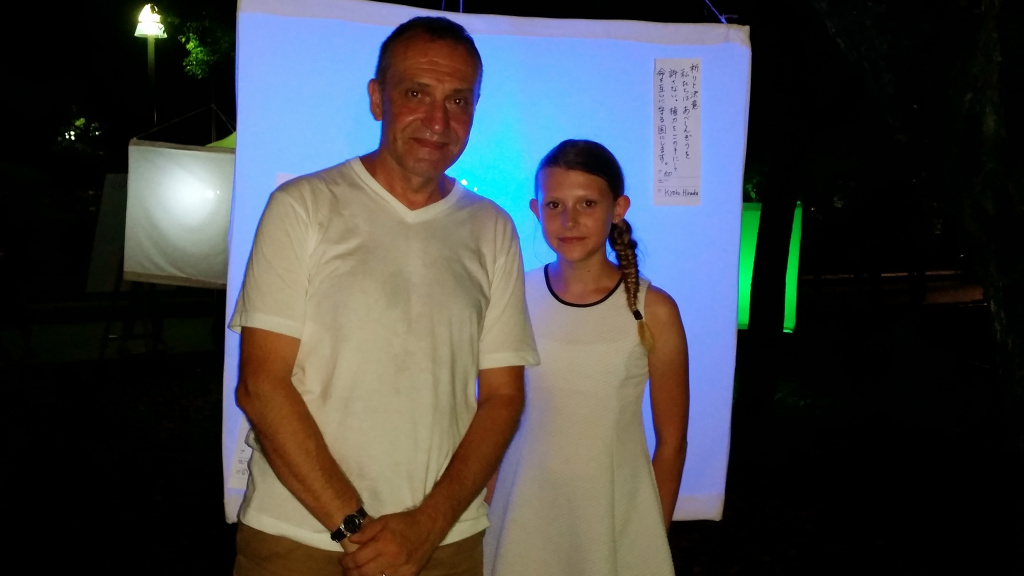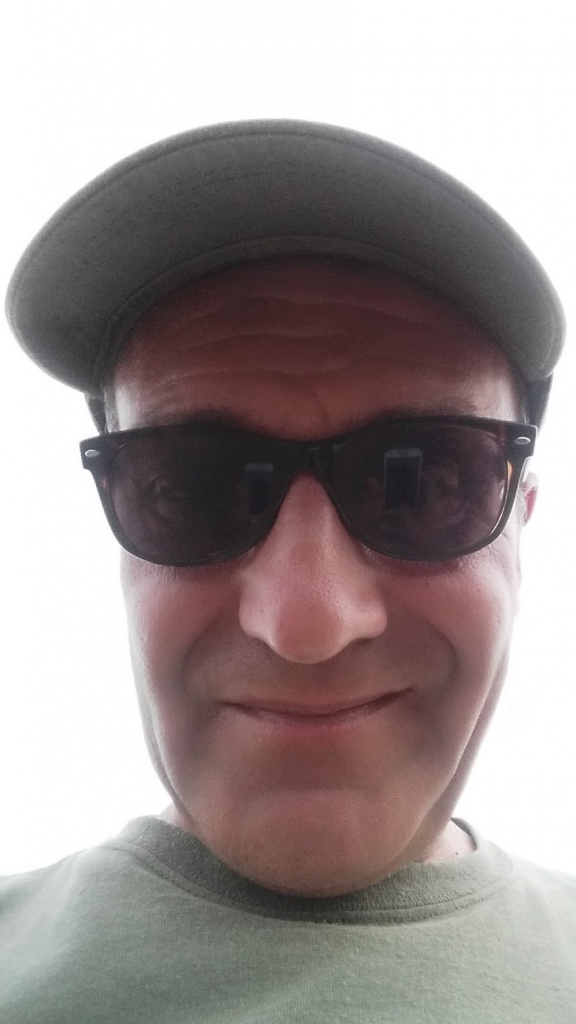How did you get there? Ric Tizard

Great to hear from Ric Tizard who is Head of Customer Insight at Nest. In his career he has touched the world of telecommunications, whisky, trains, water supply, ornithology and other diverse things, and now later in his career finds himself in the world of pensions, perhaps appropriately.
So, how did you get into the industry, and take us through how you got to this point?
I did a Sociology degree which had a research methods component within it – which I really enjoyed. I graduated in 1987 without any particular notion of what I wanted to do for a career, though the idea of doing something in “research” was really appealing and the only one that really took shape and went anywhere. Within 6 months of graduating I started work as a Research Assistant at BT Mobile, testing out giant Motorola brick-phones and designing surveys to find out if there would ever be a consumer market for mobile phones. Answer at the time: Possible but not at all certain!
Following on from that I’ve basically jumped frog-like from one research pond to another, building up experience in pretty much most methods and sectors, client-side and agency side, UK and abroad. Rather than having a master plan (who has one of those?) I’ve always just tried to grab hold of new opportunities as and when they come up, and though sometimes I could have chosen “safer” options, they maybe wouldn’t have helped my career development so much, and certainly wouldn’t have taken me to where I am now.

Career paths are rarely without challenges. Can you share an honest moment from your career when things didn’t go quite according to plan, but the lessons remain with you to this day?
Earlier on in my career I made a presentation to a client where I really made an effort to take them into fantastic detail on the wonderful research methodologies that we used. It ended up 85% “look at this great innovative research” and 15% “here are the results and what you should do with them” The client at the end stated “That was so boring I forgot my mothers name”, and they still didn’t know what to do with the findings. We went back three weeks later having reversed the research / results ratio, and they were very happy. Lesson learned – focus on the decisions the client needs to make on the back of the research, not on the method. Nerdy clientside researchers (like me) might take an interest, but its generally better to focus on the sizzle rather than the sausage.
What two things should junior researchers focus on as they progress in their careers?
For me, I think moving around and getting as much exposure to different types of sectors, methods and clients is really important, and then on from that you can decide what to specialise in (often by finding out what you don’t want to do as much as what you really enjoy!)
How do we ensure that students and those leaving school aspire to join our sector?
I think by emphasising that research is a proper professional job, offering a decent wage, and recognising and nurturing that desire that many leaving college and school will have of finding out new things and making a difference – which research can do so well when done effectively.
Do you have any advice for our sector?
Embrace new technologies for research but recognise that they aren’t always the right methods to do things – don’t reject the “old ways” e.g. face-to-face depths and groups, inviting your clients to a viewing facility to see respondents up close and personal. Also, one of the main challenges a client-side researcher has is to ensure that research is effectively disseminated around their organisation and that people at all levels are engaged in it – that’s something the sector needs to remember – its about ensuring the research is communicated with impact as much as doing the research itself.

And do you have anyone who has helped your career so far that you’d like to acknowledge and say thanks or give a shout out to?
I’d like to give a shout out to a guy who I worked with towards the beginning of my career, Mike Aufenast, sadly now passed many years ago, who approached everything with a smile and a joke and a resounding confidence that things would always turn out alright. He often said (apologies to Vegans) that research is like “skinning a rabbit”, in that there are different approaches to the same problem, all potentially valid, you just have to get off your fence and make your case.